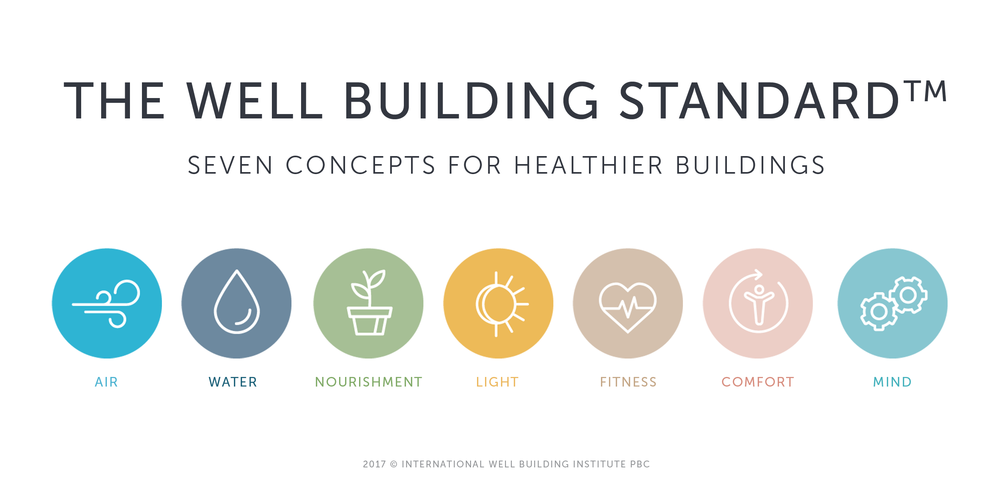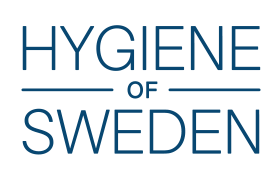
Hygiene of Sweden is proposing an extension of the WELL Building Standard to incorporate guidelines and criteria for disinfectants. This expansion aligns with the growing emphasis on health and safety measures within building environments, especially in the wake of global health concerns. Integrating disinfectant criteria into the WELL Building Standard reflects a proactive approach to enhancing the well-being and safety of the visitors in a building. It also acknowledges the critical role that disinfection practices play in maintaining a healthy indoor environment. By doing so, it contributes to the broader goal of creating healthier, more sustainable, and resilient built environments.
Fixed installations of dispensers and disinfection methods has become an essential component of adapting to the new normal, where visitors to buildings increasingly expect a safe and infection-free environment. We believe it is only natural to consider the choice of disinfectant as a critical element in this context, with a strong emphasis on sustainability.
One compelling option in this regard is the use of ethanol-free disinfectants, which offers a range of sustainability benefits:
- Reduced Environmental Footprint: The production of ethanol typically consumes approximately 1 liter of fossil fuel to yield just 1.5 liters of ethanol. By opting for ethanol-free alternatives, we significantly decrease our reliance on fossil fuels.
- Energy Efficiency: Ethanol-free disinfectants eliminate the need for energy-intensive distillation processes that are typically associated with ethanol production.
- Safe Transportation: Ethanol-free disinfectants eliminate the need for the transportation of flammable materials, thus mitigating potential safety risks. This eliminates the need for fire-safe cabinets and the complexities of handling and disposing of dangerous goods.
- Eco-Friendly Packaging: Ethanol-free options also open up opportunities for more environmentally friendly packaging materials, reducing the overall environmental impact.
- Skin Health: Unlike ethanol-based disinfectants, which can be harsh on the skin and necessitate additional hand cream usage, ethanol-free alternatives are gentler and do not dry out the skin.
In addition to these sustainability advantages, opting for alcohol-free disinfectants provides several benefits for the building itself:
- Insurance: Using non-flammable disinfectants can help ensure that fire damage insurance coverage remains intact, particularly when flammable liquids are not stored or used outside of established regulations.
- Preservation of Interiors: Ethanol-free disinfectants do not pose a risk of damage to floors, carpets, or interior furnishings, safeguarding the overall aesthetics and integrity of the building.
- Improved Air Quality: By avoiding ethanol, a volatile organic compound (VOC), the use of ethanol-free disinfectants can result in significantly fewer airborne particles, contributing to improved indoor air quality.
- Minimized Fire Risk: The absence of flammable ethanol eliminates the risk of accidental or intentional misuse that could lead to a fire within the building.
Incorporating ethanol-free disinfectants into the WELL Building Standard not only aligns with sustainability goals but also enhances safety, health, and the overall well-being of building occupants. It represents a proactive step towards creating safer, more environmentally responsible, and resilient built environments.
WELL Building Standard
The WELL Building Standard is a performance-based system for measuring, certifying, and monitoring features of the built environment that impact human health and well-being. It focuses on various aspects of building design and operation, such as air quality, water quality, lighting, nutrition, fitness, and comfort, to create healthier and more productive spaces for occupants.
Read more about the Well Building Standard at:
Use disinfectants safely. Always read the label and product information before use.
Biocider ska användas på ett säkert sätt. Läs alltid igenom etiketten och produktinformationen före användningen.


